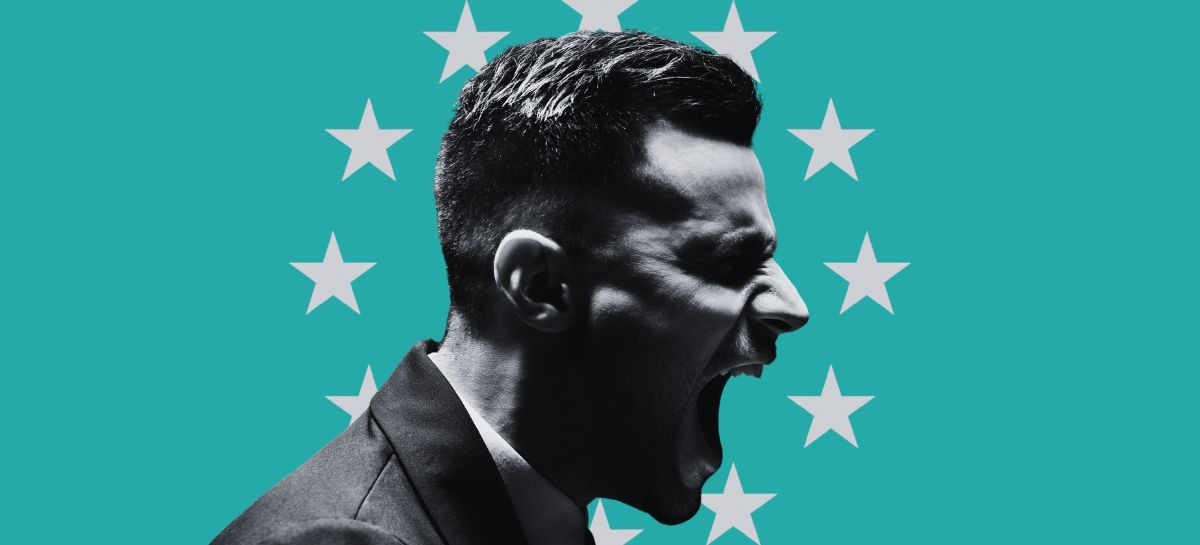
By Katerina Nicolaou
Natalie Alkiviadou, Senior Research Fellow at the Future of Free Speech at Vanderbilt University (USA), argues in her new book that the European Court of Human Rights has become too restrictive on freedom of expression, often backing governments in silencing speech that is merely offensive.
Alkiviadou, an expert on free expression, hate speech and the far-right, says bans and censorship do not reduce prejudice or violence. Instead, she contends, open debate, education, and counter-speech are stronger tools against racism, homophobia, transphobia and other forms of intolerance.
Highlighting inconsistencies in the Court’s rulings, from Holocaust denial to Armenian genocide denial, and warning against the unintended consequences of over-regulating online platforms, she stresses that hate speech laws are often misused by those in power and risk harming the minorities they aim to protect. Her central call is for the Court to adopt stricter, evidence-based thresholds for restricting speech, aligning its approach with international human rights standards.
Read More
Natalie Alkiviadou is a Senior Research Fellow at The Future of Free Speech. Her research interests lie in the freedom of expression, the far-right, hate speech, hate crime, and non-discrimination.

